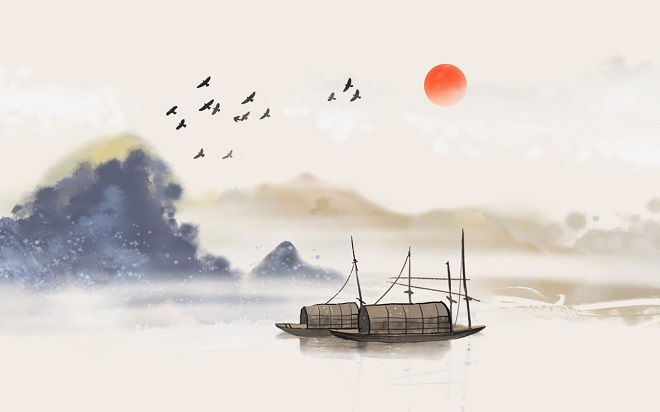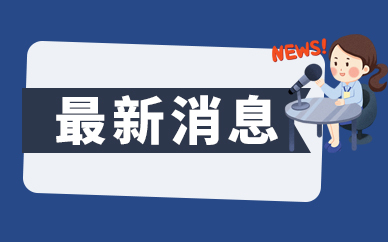 (资料图片仅供参考)
(资料图片仅供参考)
To explain these two concepts, privacy is a concept that refers to an individual's right to control access to information about themselves and to make decisions about how that information is shared with others. For example, if someone wants to have access to your diary, you then have a right to say if it is OK because this is your privacy. By contrast, I think the term "security" refers to a person having the right to be free from harm caused by others, whether physical or psychological, that causes him to become unable to continue a healthy life. Moore's discussion of security in the book is closely related to the concept of privacy, as both are concerned with protecting individuals from unwanted intrusion or harm. However, while privacy is primarily concerned with protecting personal information and autonomy, security is focused on reducing the risk of harm to individuals or groups.
Therefore, according to these definitions, online representations of child sexual abuse is both a violation of privacy and security. Firstly, online representations of child sexual abuse are a clear violation of a child's security and privacy. These representations are often created without the child's knowledge or consent and are often circulated online without their knowledge or consent as well. This can cause immense emotional distress and feelings of violation for the child, as they may feel as though their privacy has been completely disregarded and their safety has been compromised.
Some may argue that some children in the video may have consented to post their videos. However, I do not think this objection stands its point. as Kantian philosophy supports, children cannot legally consent to sexual activities because they are not capable of making an informed and autonomous decision due to their lack of rationality. They are not able to fully understand the potential harm and long-term consequences of their actions, and therefore any such actions are considered non-consensual.
Secondly, posting videos of child sexual abuse on the Internet also violates the right to safety, both individually and collectively. First, individually, victims are likely to be hurt twice when they learn that their videos have been exposed. Specifically, when a person is sexually assaulted and the act is captured on video, the release of the video causes their privacy to be violated. The victim may feel ashamed, embarrassed and scared because others could use the video to mock, threaten or distribute it. It can also expose the victim's identity, which can lead to more harassment and threats and can even lead to physical harm or life-threatening injuries.
In addition, they may feel the pain and trauma of being sexually assaulted again, because the existence of such a video brings their past trauma into the public eye again. It can also lead to a further deterioration of the victim's mental health, which can lead to serious consequences such as depression, anxiety and suicide. Such injuries may seriously affect mental health and thus lead to inability to sustain a healthy life, and thus may constitute a violation of the child's right to personal safety.
Secondly, such behavior will affect the collective right to security. Although the exposure of online sexual abuse of children may not cause direct harm to viewers, it will cause negative psychological implications. First, it suggests a way of committing a crime. People who would never have thought about it learn about it and might try it. Such behavior may induce the criminal desire of some people to commit acts of sexual abuse against children. This is a serious threat to children and to society as a whole and can lead to the disintegration of the moral and legal order of society.
In addition, such behavior may have a negative psychological effect on the viewer. Watching videos of child sexual abuse may lead the viewer to believe that such behavior is normal or acceptable, or a desirable form of sexual behavior. This wrong idea may induce the bad behavior of the viewer, thus causing harm to others. This is enough to show that online distribution of child sexual abuse videos can constitute a violation of the right to safety.
I do not think platforms like Twitter are directly responsible for children's privacy, but this kind of behavior violates the right to collective security. On the issue of privacy, I believe that a violation of privacy requires that a person actively obtains or disseminates personal information without the knowledge of another person or explicitly refuses to access it. For example, video publishers may release private videos of sexual victims without their consent, which is a direct violation of privacy. However, in Twitter's case, Twitter is not actively asking for access to children's information. Instead, it is acting as a bulletin board for other users to post information. Therefore, based on Twitter's lack of activeness, it does not constitute a direct invasion of children's privacy.
However, if someone posts a video of a child being sexually assaulted on its site, Twitter needs to take legal responsibility for the right to community safety. As noted above, the right to security is considered to be a fundamental human right that entitles each individual to be protected from harm from others that may affect the continuation of individual or collective existence (xx-xx). Twitter provides a platform for child sex offenders to spread and gather, making it easier for these offenders to organize and spread bad information through the platform, which further exacerbates the sense of insecurity in the community. The existence and use of Twitter platforms make it easier for criminals to reach potential victims, increasing the risk of children being victimized. The influence and spreading of the power of Twitter have directly led to the increase of potential perpetrators and victims, which directly affects the security of the collective. Therefore, Twitter should bear legal responsibility for the security of the collective.







